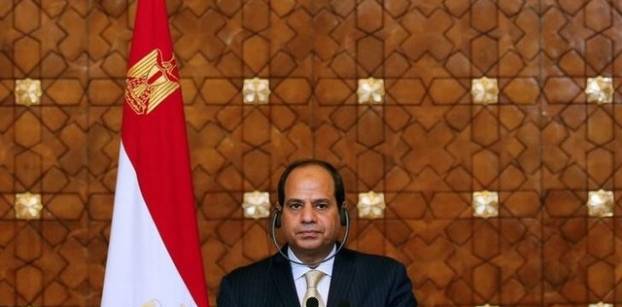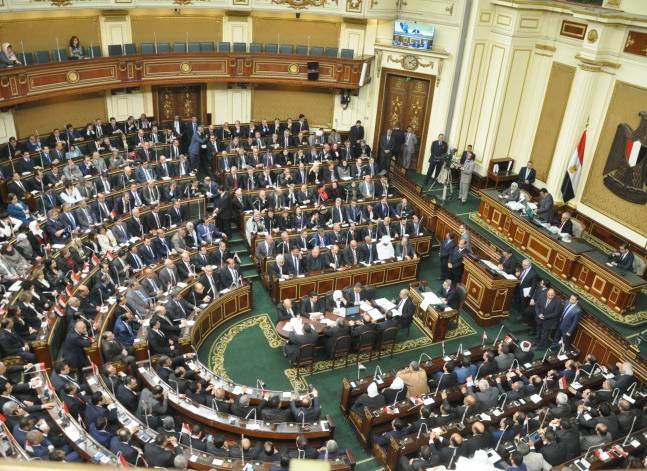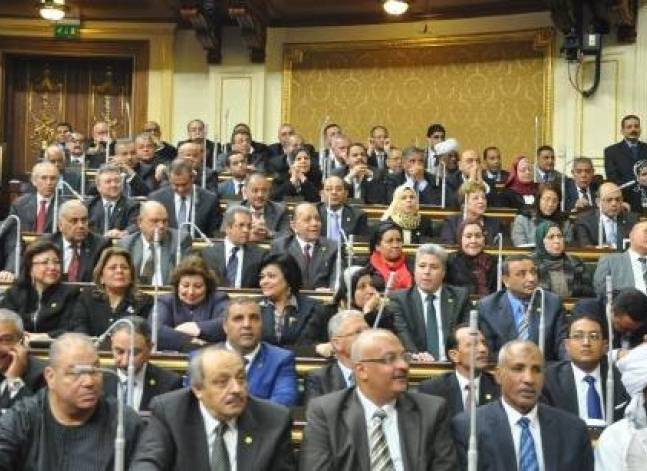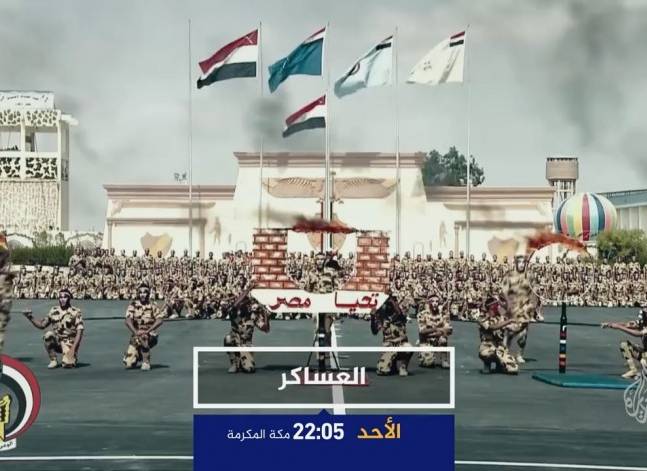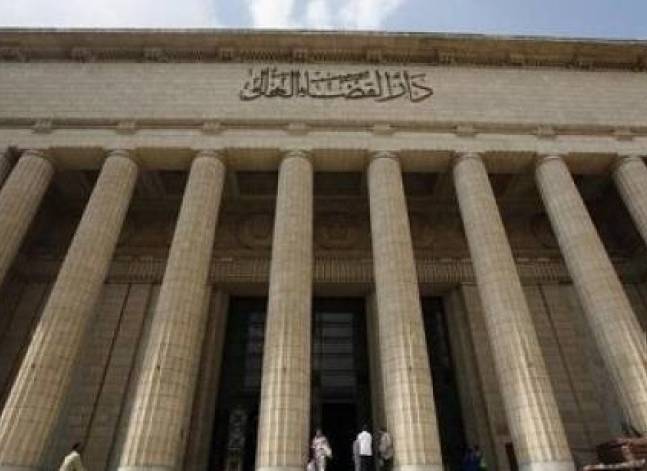Latest NEWS
- Aswat Masriya, the last word
- Roundup of Egypt's press headlines on March 15, 2017
- Roundup of Egypt's press headlines on March 14, 2017
- Former Egyptian President Hosni Mubarak to be released: lawyer
- Roundup of Egypt's press headlines on March 13, 2017
- Egypt's capital set to grow by half a million in 2017
- Egypt's wheat reserves to double with start of harvest -supply min
- Roundup of Egypt's press headlines on March 12, 2017
Egypt's Sisi ratifies law establishing first ever media workers’ syndicate
CAIRO, Jan 4 (Aswat Masriya) - Egypt’s president Abdel Fattah al-Sisi ratified on Wednesday a law that establishes a media workers’ syndicate, expanding the scope of regulation over various media channels.
The law, approved by parliament and signed into law by Sisi, consists of 89 articles that address the structure and functions of the new syndicate as well as the rights and duties of its members.
“This is a positive development for media reform and restructuring plans given there is the will to follow through,” media expert Yasser Abdel Aziz said.
"Talk about reform or subjecting the media to appraisal was illogical without the presence of a syndicate,” he added.
The law defines media activity as anything that broadcasts "news, information, ideas, opinions, facts" based on credible sources via audio and visual channels (TV and radio), including online platforms, with the purpose of informing public opinion.
Article 2 of the law requires individuals working in any of the aforementioned channels to be members of the syndicate or to have received a temporary permit to perform such activity.
In the case a member violates the terms of his/her acceptance into the syndicate or makes false claims in order to become accepted, punishment can include prison terms and/ or fines between EGP 20,000 and EGP 100,000.
Punishment can also extend to the person in charge of a privately-owned entity who can be fined if any of those working in the entity are not registered in the syndicate. The court has the right to shut down said entity, ending its practice inside Egypt for a specified duration.
Abdel Aziz noted that the law’s adoption of imprisonment as a punishment raises doubts as to the constitutionality of that article.
The Egyptian constitution prohibits imprisonment when it comes to publishing cases, with only three exceptions namely crimes involving discrimination, inciting violence and disrespecting one's honor.
The law also introduces a "code of conduct" which is meant to govern the practice of media workers and is considered obligatory for members who, in case of violations, can be subjected to questioning.
In general, the principles upon which the code of conduct will be drafted include upholding integrity in reporting, respecting individuals’ privacy, refraining from adopting or publishing content that incites hate, violence or discrimination and respecting societal morals and considerations of national security.
Disciplinary measures taken against members who commit violations range from issuing warnings and prevention from accessing the syndicate's benefits to temporary prevention from practice and taking the member’s name off the syndicate's lists.
The syndicate’s role revolves around setting guidelines for the practice, safeguarding the rights and interests of media workers and establishing cooperation with different syndicates and civil society organisations, according to the law.
The syndicate is to have a general assembly and a board of directors, each with their own set of tasks and procedures. The assembly includes all syndicate members, while the board consists of the syndicate head, two deputies, a secretary-general, a treasurer and eight others who are voted directly by the general assembly.
The Prime Minister is set to establish a temporary committee of 11 "experienced" media personnel who will take on the task of establishing the syndicate including the applications process, as stipulated by the law.
Abdel Aziz raised a concern regarding the temporary committee, as it is highly probably, he said, its members would choose the five members of the other media bodies formed by the law passed late December.
The media bodies' law establishes three bodies that include the Supreme Council for the Administration of the Media, and two others.
The members of the temporary committee would perform the task that was reserved for the media workers' syndicate board, "meaning that those who will choose the members for the media bodies will not be voted through within the syndicate, but appointed by the PM," Abdel Aziz said.
"In any case, the media worker's syndicate is part and parcel of an overall legal framework that is necessary to govern the media," Abdel Aziz added.

